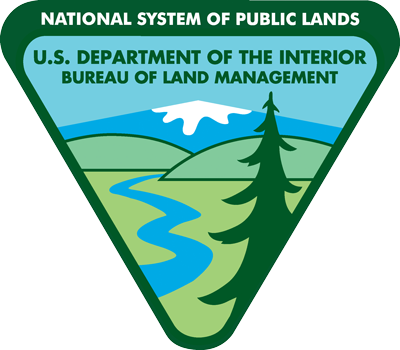
Do Not Remove the BLM Methane Rule
The Senate is expected to take up legislation that would remove federal Bureau of Land Management (BLM) regulations on methane. This rule, finalized in November, 2016, limits the venting, flaring and leaking of methane from oil and gas operations on public lands. It is meant to reduce waste, and provide greater revenues to taxpayers
Methane is a powerful greenhouse gas, and accounts for about a quarter of man-made greenhouse gas emissions. Pound for pound, the gas traps more than 80 times as much heat on our planet in the short term as carbon dioxide does.
The good news is that solutions to plug methane leaks already exist at low cost. These solutions are mostly low-tech, involving better environmental management of oil and gas well completions, improved seals, better flow management, and methane recapture and re-use. Methane, after all, is simply natural gas, and therefore is valuable. That means that better methane management should be low cost – often times it even makes money.
We know that climate change presents real challenges to national security. America’s military, and militaries around the world are taking the climate threat seriously. Already climate change is harming global security through its impacts on resource scarcity, extreme weather, food supplies, water availability, and sea level rise.
Because of this imminent threat, we need action now. Carbon dioxide emissions pose the greatest long-term threat to our global climate, and reducing these emissions must form the core of any long-term climate strategy. But given the current pace of global warming and the risk of irreversible changes, we can and must take immediate steps to cool the planet.
Reducing methane emissions could quickly affect the trajectory of greenhouse gasses in the atmosphere. Effective reduction in emissions could give the world the “breathing space” needed to reduce overall greenhouse gas emissions.
But, stopping methane leaks makes sense even if you don’t care about climate change. That’s because methane leakage is actually money leakage. Because methane is natural gas- a valuable commodity- all the methane flowing into the air is lost revenue. It’s methane that companies cannot sell, and its revenue that the government cannot collect. Since 2013, the Environmental Defense Fund estimates that over $330 million per year in valuable natural gas has simply been released into the air. That directly reduces government revenues; adding to the federal deficit and reducing state programs.
The Bureau of Land Management’s methane waste rule prevents the waste of resources that belong to all American people, which, by law, it is required to do. It reduces the amount of greenhouse gas pollution coming off our public lands, and it increases royalty payments to Federal taxpayers and the States.
The methane waste rule also supports job creation and American innovation in new technologies. The methane mitigation industry is a growing and emerging field that uses modern technologies to identify and capture wasteful emissions. In fact, a 2014 Environmental Defense Fund report found that methane mitigation is a growing industry. As this industry grows, so will opportunities for well-paid, highly-skilled engineering, electrician and machinist jobs.
So, ironically, those arguing for removing the federal regulations on methane are arguing for lower revenues for companies, fewer jobs, and lower royalties for the government. They’re giving inefficient companies that waste methane a leg up over those companies that are more conscious about waste.
This rule on methane leakage on BLM lands is important. Instead of rolling back important regulations, the government and the private sector should build on progress. The private sector should do all it can to immediately reduce emissions, and then the EPA complete its ongoing rule-making, mandated by law under the Clean Air Act, to finalize standards for existing sources of methane as well.






Do Not Remove the BLM Methane Rule
We must maintain the EPA Methane Rule if we wish to mantain a healthy planet.